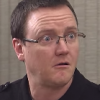Sign in to follow this
Followers
0

A Beautiful Night
Started by
Ganny,
-
Recently Browsing 0 members
No registered users viewing this page.

Started by
Ganny,
No registered users viewing this page.